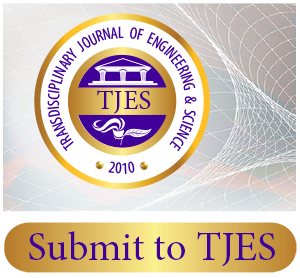Transdisciplinary System Science: Implications for Healthcare and Other Problems of Global Significance
Abstract
The past decade has witnessed transformational changes on a variety of scientific, technological, and societal fronts. On the scientific front, advances in system science methods, semantic integration techniques, complexity theory, and visual analytics are making it possible to address complex systems problems such as healthcare, climatology, and clean energy. On the technological front, there have been groundbreaking advances such as multi-core processors, virtualization and cloud computing, and handheld platforms that have revolutionized the very nature of work. These advances are shaping the research and education agenda for the twenty-first century. On the societal front, technology has transformed how people communicate, share infor- mation, socialize, and learn. Facebook and Twitter have transformed our modes and patterns of commu- nication and expectations about the very nature of collaborative work. Crowdsourcing is becoming a pop- ular means for rapid and cost-effective information acquisition, expertise location, and distributed prob- lem solving. These advances have occurred none too soon in that the interconnectedness of todays world has made socio-technical problems increasingly more complex and unquestionably beyond the purview of every single discipline. Not surprisingly, this recog- nition has spurred the recent surge in interest in transdisciplinary system science research and edu- cation. At the heart of transdiscipinary system sci- ence are transdisciplinary thinking and collaboration, complex systems modeling and evaluation, and trans- disciplinary system science education. This change in mindset is expected to not only enrich existing disciplines but potentially lead to the creation of en- tirely new disciplines. Specifically, transdisciplinary system science holds the potential of reaching beyond disciplinary boundaries to resolve incompatibilities and close knowledge gaps between disciplines. The challenge today is to energize communities and in- stitutions of higher learning to address these chal- lenges with a transdisciplinary mindset. This paper discusses transdisciplinary system science from the perspective of transforming the way we formulate problems, model complex systems, generate hypothe- ses, design interventions, conduct evaluations, dis- seminate findings, and continue to learn.


